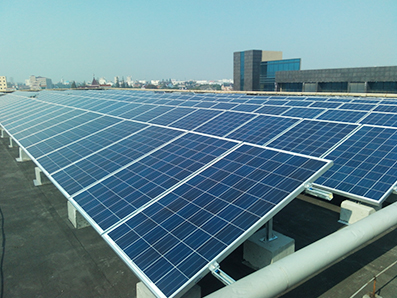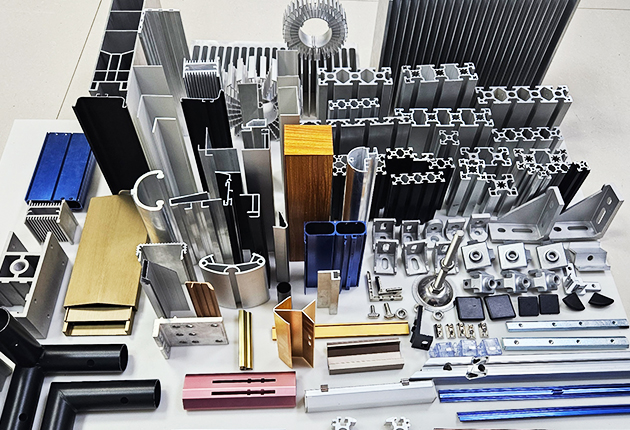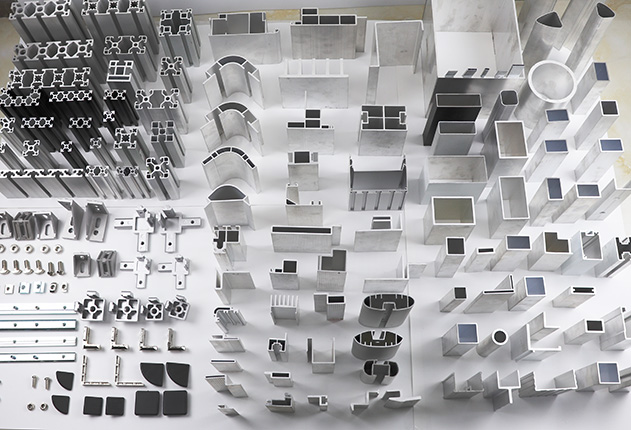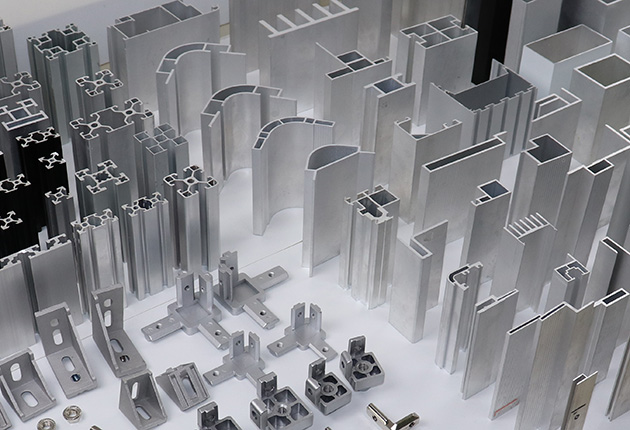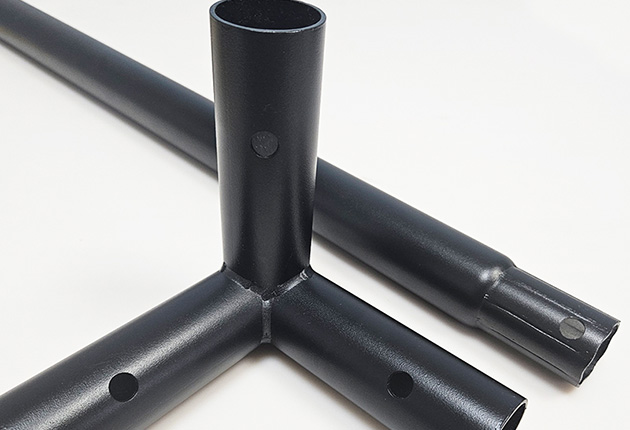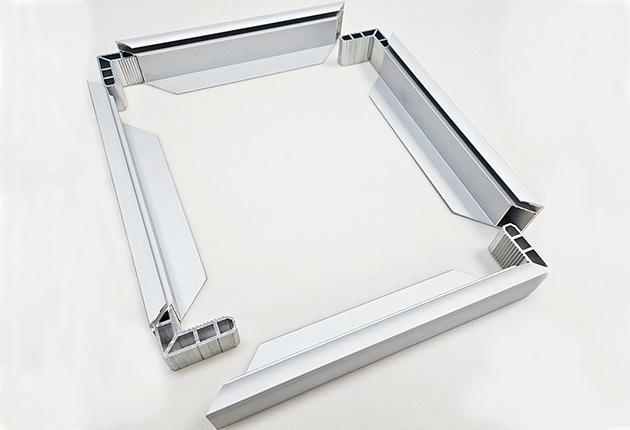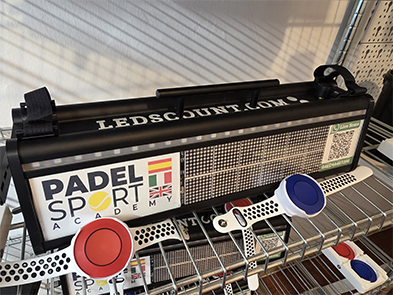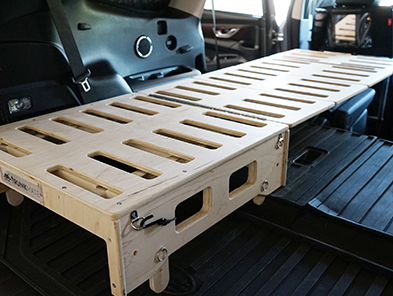1. Lightweight and Strong
Aluminum has a density of just 2.7 g/cm³—about one-third the weight of steel—making it ideal for rooftop and large-scale solar projects. Despite its light weight, aluminum offers excellent mechanical strength, ensuring stability and durability under heavy snow loads and strong winds. Commonly used aluminum alloys for solar applications include 6063-T6, 6005A, and 6061, known for their structural performance and reliability.
2. Excellent Corrosion Resistance
In outdoor environments, aluminum naturally forms a protective oxide layer that shields it from moisture, rain, salt spray, and UV exposure. For enhanced protection, aluminum profiles used in solar projects are often anodized or powder-coated. These treatments significantly increase their resistance to corrosion, ensuring a long service life even in coastal or high-humidity regions.
3. High Recyclability and Sustainability
Aluminum is one of the most environmentally friendly construction materials. Over 95% of aluminum can be recycled with minimal energy input and without losing its quality. Using recycled aluminum requires only 5% of the energy needed to produce primary aluminum, making it an ideal choice for sustainable and eco-conscious solar installations.
4. Versatile and Easy to Process
Aluminum extrusion technology allows for a wide range of customized profile shapes to meet specific structural and functional requirements. Whether for mounting rails, clamps, connectors, or frames, aluminum can be easily cut, drilled, or punched, enabling flexible system design and quick adaptation to different project needs. Its machinability makes it perfect for both standard and complex solar systems.
5. Fast and Efficient Installation
Thanks to modular designs and lightweight profiles, aluminum solar structures are easy to transport, handle, and install. Pre-designed extrusions often support click-lock connections, reducing on-site labor and installation time. This simplifies assembly for rooftop solar systems, ground-mounted installations, solar carports, and agricultural PV structures.
6. Supports Heat and Electrical Management
Aluminum offers excellent thermal conductivity, making it useful in dissipating heat from solar panel systems. It can also serve as part of the grounding structure in a solar array, contributing to electrical safety and system efficiency.
7. Key Application Areas
Solar panel frames – for edge protection and structural rigidity
Mounting rails and support brackets – for secure and adjustable module installation
Ground and rooftop systems – for residential, commercial, and utility-scale projects
Solar tracker systems – where weight reduction and durability are critical
Cable trays and grounding structures – for safe cable routing and bonding
Conclusion
Aluminum extrusion profiles are essential to the success of modern solar energy systems. With their unique combination of strength, lightness, corrosion resistance, and sustainability, they offer long-term performance and value. Whether in residential rooftops or utility-scale solar farms, aluminum helps drive the solar industry toward a cleaner and more efficient future.



